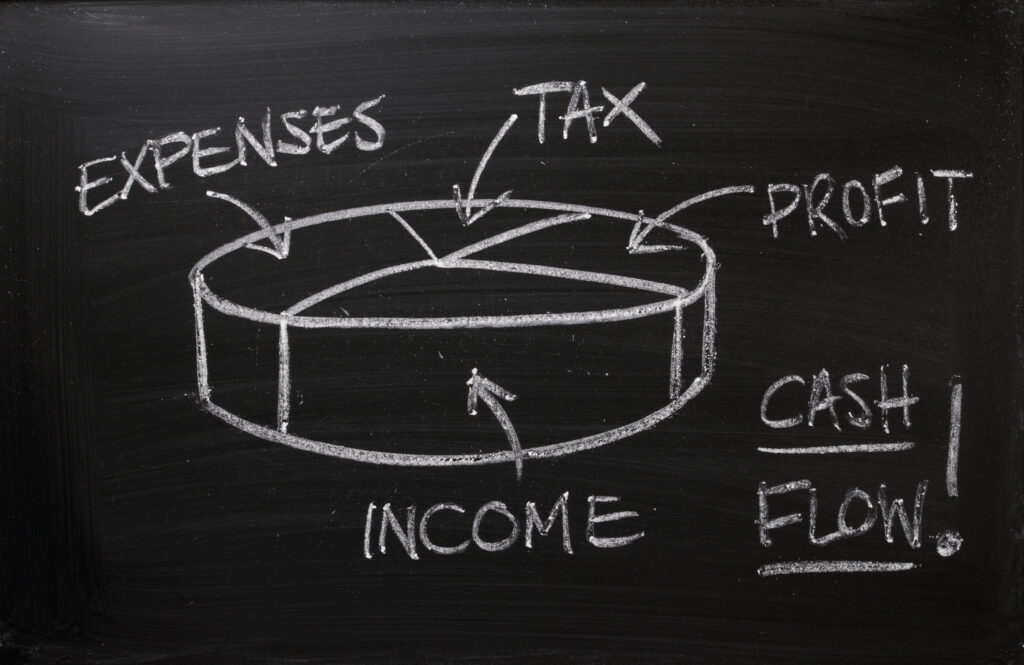Running a childcare center is rewarding, but it also comes with the responsibility of keeping the business financially healthy. Strong childcare bookkeeping practices are key to success, whether you operate a large preschool or small private daycare. This guide covers essential daycare accounting tips and bookkeeping best practices to help streamline your financial operations, stay compliant, and make informed decisions.
What is Bookkeeping & Why it Matters in Daycare
Bookkeeping is the process of recording, organizing, and maintaining financial transactions. Keeping accurate financial records is critical in the childcare industry, where funding sources, enrollment, and regulatory compliance are all part of the equation.
Good daycare bookkeeping helps you:
- Track income and expenses
- Budget effectively
- Pay staff and taxes accurately
- Apply for grants or funding
- Prepare for audits or inspections
- Make smart business decisions
Solid accounting for daycare and preschool centers ultimately supports your financial stability and your ability to continue operating in the near-term, whether for profit, or as a non-profit.
Set Up a Reliable System
A reliable, easy-to-use system is the foundation of effective childcare bookkeeping. Invest in business bookkeeping software like QuickBooks, Xero, or FreshBooks. These tools help automate the debits and credits (i.e. accounting), track payments, and easily generate reports.
Set up a chart of accounts tailored to daycare financial management. Typical categories might include:
- Tuition and registration fees
- Government subsidies and grants
- Payroll and employee benefits
- Food and classroom supplies
- Insurance and utilities
A sound system keeps your daycare accounting accurate and organized, making tax time and budgeting much easier.
When it comes to invoicing, while most accounting software (listed above) can generate invoices, it is not ideal for early education businesses. Alternately, childcare management software, like Procare or Brightwheel, handle a host of features tailored to childcare, which includes parent billing, or invoicing. Integrating invoicing into the parent experience is crucial for saving time and enhancing operational efficiency.
These software solutions streamline revenue management when working with parents, families, or subsidy providers. Avoiding the need to switch between different platforms reduces the risk of errors and ensures smoother operations for you and your staff.

Separate Business & Personal Finances
One of the most common mistakes in accounting for daycare businesses is mixing personal and business finances. This can lead to confusion, missed deductions, and potential issues with the IRS.
To avoid this:
- Open a dedicated business checking account
- Use a separate credit card for business purchases
- Never pay personal bills from your business account
Clear financial boundaries support better daycare record keeping and make it easier to monitor the health of your business.
Track Income & Expenses Regularly
Consistently tracking income and expenses is a cornerstone of good daycare bookkeeping. Revenue may come from various sources such as:
- Parent tuition payments
- Childcare subsidies
- Fundraisers and donations
Common expenses include:
- Staff wages and benefits
- Classroom materials and cleaning supplies
- Rent, insurance, and licensing fees
Update your books weekly or biweekly to monitor cash flow and catch errors early. Accurate tracking also supports accounting for daycare centers when applying for loans or grants.
Manage Payroll & Taxes
Payroll is one of the most significant responsibilities in childcare bookkeeping. Whether you have a handful of part-time staff or a whole team, you need to:
- Classify workers correctly (employee vs. contractor)
- Track hours and calculate withholdings
- File payroll taxes on time
- Maintain compliance with labor laws
Many small business bookkeeping platforms offer built-in payroll tools or integrations. Using them can save time and reduce errors in your daycare accounting. Payroll tax penalties are a hot button for the IRS. Since employers withhold tax for employees and pay employer taxes on these wages, an error on the withholding portion, or the employer’s share of the taxes, can be detrimental. The IRS can assess a Trust Fund Recovery Penalty to the business, and this penalty is 100% of the unpaid portion of the employee’s tax, on top of the other penalties available. Needless to say, childcare owners need accurate payrolls.
Reconcile Monthly & Stay Organized
Monthly reconciliation means comparing your records to your bank statements to ensure everything matches. This helps catch discrepancies, fraudulent charges, or missing income early.
Other organization tips:
- Go paperless with cloud-based storage
- Keep receipts, invoices, and tax documents in labeled folders
- Set up monthly check-ins to review your financials
Good organization simplifies daycare record keeping and helps you prepare for audits or licensing reviews with confidence. Many businesses fail to keep invoices or receipts for the expenses they incur. These invoices and receipts are the support needed to justify the business purpose to the IRS, or in a more common example, mistakes by vendors. Accounting software, such as QuickBooks, shines in this regard. Each invoice, receipt, bank statement or reconciliation can be attached to a transaction in the accounting software of your choice. If the transaction ever needs to be referenced, all the details are a click away.
Plan For Seasonal Changes & Emergencies
Childcare centers often experience seasonal shifts in enrollment, particularly in summer or holidays. Strong daycare financial management includes preparing for these fluctuations.
Best practices:
- Forecast cash flow and adjust your budget accordingly
- Set aside emergency savings for repairs or slow seasons
- Review historical data to plan for recurring patterns
Being proactive helps your accounting for daycare business stay on track, even during uncertain times.
Use Financial Reports to Make Smart Decisions
Bookkeeping isn’t just about compliance—it’s a tool for growth. Use your software to generate financial reports such as:
- Profit & Loss Statements (P&L)
- Balance Sheets
- Cash Flow Statements
These reports help you understand where your money is going, identify opportunities for savings or investment, and set realistic goals for your childcare business.
Analyzing your data regularly empowers better daycare financial management, whether expanding your facility, adjusting tuition rates, or applying for funding.
Hire Professional Help If Needed
While many childcare providers start out managing their books, there often comes a point where bringing in professional support makes a world of difference. A certified accountant or Certified Public Accountant with experience in accounting for daycare centers can help you:
- Stay compliant with local, state, and federal regulations
- Maximize your deductions during tax season
- Avoid common financial pitfalls unique to the childcare industry
- Save valuable time so you can focus more on children and families
If you’re ready to level up your daycare financial management, consider working with a trusted partner like Radius Childcare Solutions. We specialize in helping childcare businesses streamline operations, manage bookkeeping and accounting, and grow sustainably. Radius can also assist centers with running on time and accurate payrolls to help avoid payroll tax penalties. With deep industry knowledge and personalized support, Radius can help transform your finances from a source of stress into a powerful tool for success.

